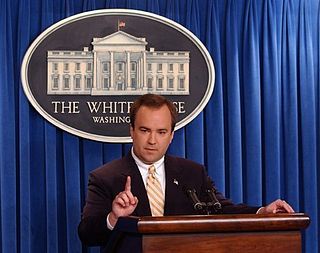A Quote by Henry Mintzberg
What we call a financial crisis is really at its core a crisis of management, and not just a crisis of management, but a crisis of management culture. ...In other words, what you had is a detachment of people who know the business from people who are running the business.
Related Quotes
We continue to go from crisis to crisis, whether it is electricity or whether it is gas prices. We need comprehensive solutions, not patchwork crisis management. We wouldn't be in this situation today if Senate Democrats weren't holding up the national energy plan that the president proposed back in May of 2001.
Companies that do not actively practice, study, and plan for crisis communications - as well, of course, crisis management - are doomed to fail when a crisis befalls them. Crises are, in a word, inevitable, and those macho companies that think, "it can't happen here," or if it does, "I can handle it," will suffer the hardest failures.

































